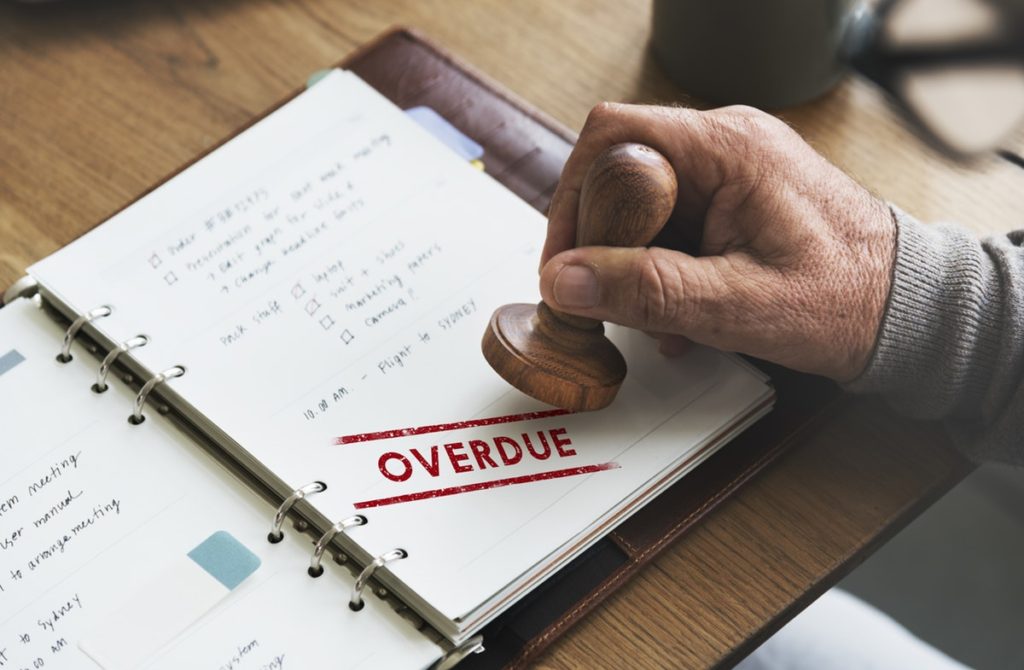Sometimes it takes strategic planning to recover what’s owed, says Adam Bernstein.
The UK has the highest proportion of overdue invoices in Europe at a staggering 48.7%, according to risk manager Atradius. The next worst is France at 47.45%, followed by Switzerland at 46.5%.
The problem for firms when dealing with late payments is what to do to speed up the process.
In some cases, the lack of documentation doesn’t help. Whether a signed contract, proof of delivery or terms and conditions, it can be difficult to recover payment without proof of the debt.
For lawyers, a good contract goes to the core of removing delays. It’s recommended that firms insert two key provisions into their contracts - a right to suspend further deliveries if there is no payment and the terms have been exceeded; and that a contract can be terminated if payment is late.
These terms are critical as the law does not provide a right to cease supply when payment is late. Even
if a company is likely to be insolvent, suppliers are generally not entitled to stop performing the contract and if they do, the customer would be entitled to terminate the contract itself and claim compensation.
Other useful clauses to include are that the undisputed part of any invoice should be paid regardless. There is no set-off, so a customer in dispute must pay without deduction and then bring a separate claim; limitation of liability and exclusion of indirect and consequential losses and ideally loss of profit too; and a right to claim interest.
The key to getting paid is knowing who the customer is. Credit checks, for instance, are vastly underused; businesses should be routinely checking existing customers as well as new customers and a useful tool for this is an account opening form. Businesses can use it to gather all the information they need at the outset, including contact details of key personnel and company registration numbers, while also getting the customer to agree to and sign the terms and conditions of sale.
DO-IT-YOURSELF?
Dealing with recalcitrant debtors isn’t easy, but the process can be started in-house without the need to call in the professionals.
Ideally creditors should make contact and try to agree a repayment structure that fits. But creditors should remain firm and not become a pushover – they should insist all new orders are paid up front but allow debtors to pay the outstanding amount over a period of time.

Another tip is to record payment run cut-off dates. Many businesses process invoices in the month that they are received, so changing when invoices are sent out can make a considerable difference.
A final notice letter on company letterhead is another weapon to consider. There are many templates to choose from and letters should be delivered with proof of postage or with email delivery and read receipts. The letter should restate what is owed and that it must be paid immediately or by a set date.
Where debts are disputed and have not been resolved within two to three months, then it’ll probably have to ‘go legal’ for the impetus to resolve it. However, the advice remains to assess the risk and keep all the evidence.
THE RIGHT TO INTEREST PAYMENTS
As to cost, solicitors either work on the basis of hourly rates with estimates, fixed cost, or on a no win no fee basis. Many recovery agents operate on a success fee basis, taking only a minimal upfront administration fee. Further, under the Late Payment of Commercial Debts (Interest) Act, businesses have the right to compensation and statutory interest on any overdue invoices to help cover debt collection costs.
“Some debtors don’t realise the power of a county court judgment.”
Few businesses take advantage of the Act or their own terms and conditions entitling them to charge interest, until the debt has gone ‘legal’.
If the matter is being handed on, time is of the essence. Leaving a debt too late can mean other firms have already started their own legal action leaving a creditor at the back of the queue or worse, an insolvent client.

Often, a first stage legal letter does the trick. But some seasoned late payers won’t budge, so taking the claim to court may be the last, and only, option. Once judgment is obtained, then the process really starts; some debtors don’t realise the power of a county court judgment.
Ultimately, the earlier a business takes action to recover an overdue invoice, the better chance there is of avoiding a bad debt.

















